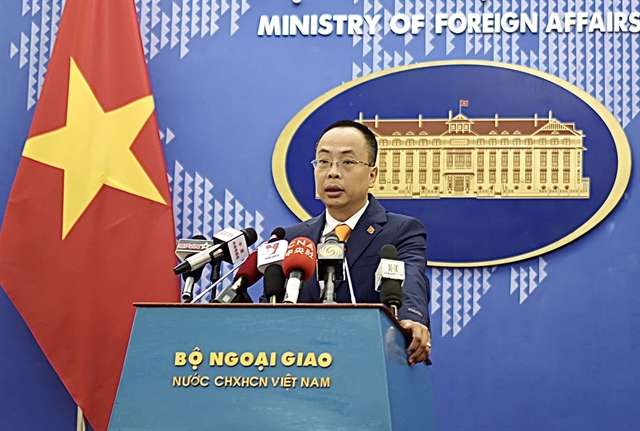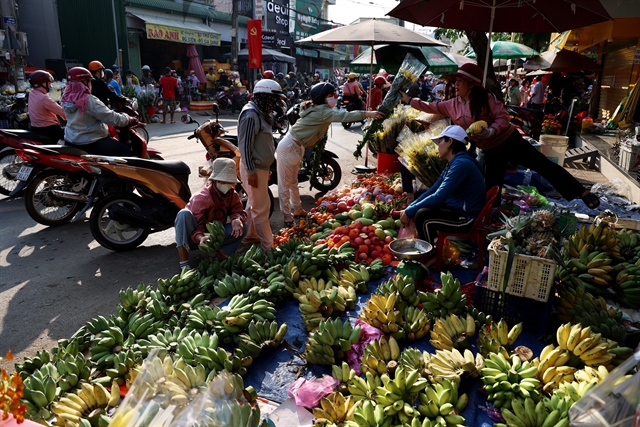 Society
Society

More and more policies and programmes for development of the country’s rural labour market, which account for 70 per cent of Vietnamese workers, should be implemented, according to Associate Prof. Dr Nguyễn Lan Hương of the Institute of Labour Science and Social Affairs.
 |
| Workers at the Đức Trung brick kiln in Tứ Kỳ District in the northern province of Hải Dương. Việt Nam needs more policies to develop its rural labour market. — VNA/VNS Photo Mạnh Minh |
HCM CITY — More and more policies and programmes for development of the country’s rural labour market, which account for 70 per cent of Vietnamese workers, should be implemented, according to Associate Prof Dr Nguyễn Lan Hương of the Institute of Labour Science and Social Affairs.
“The rural labour market is disregarded. There are few development policies and programmes for it,” Hương said at a workshop on developing markets for global integration held last Friday in HCM City by Party Central Committee’s Commission for Economic Affairs in co-operation with the city’s Open University.
In particular, the Government should have more preferential policies to strongly develop small-and medium-size enterprises in rural areas, she said.
Handicraft villages and family-based enterprises also should be promoted, she added.
Preferential loan policies for businesses in rural areas and where ethnic minorities live should be the same as every other areas of the country, she said.
Moreover, the labour market in areas on the outskirts of urban centres should also be developed, she added.
Hương commented that labour development policies are not matched with economic development policies.
The development of urbanisation and industrialisation leads rural labour to freely move to urban areas to work at industrial parks while policies on providing assistance for accommodation and other social services for the migrant labour are not paid attention to in advance, according to Hương.
The Government has policies to attract foreign investors, but not for training corresponding human resources.
The consequence is that investors themselves have to seek human resources or use foreign labour at a higher salary than Vietnamese labour, leading to conflict over benefits, which can cause strikes.
She recommended that vocational training for rural labour, especially females, unemployed and disanvantaged groups should be focused on for strong development.
The workshop heard analysis and solutions for the development of all kinds of markets, such as financial services, real estate, technological science and others to help managers and policy makers in a project on developing markets amid global integration. — VNS

.jpg)







